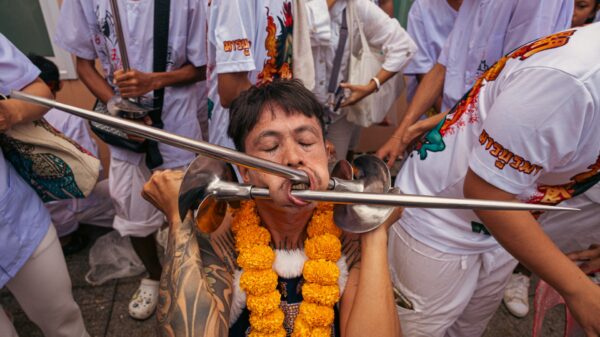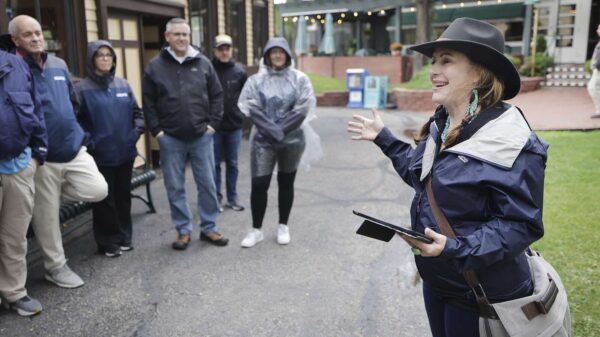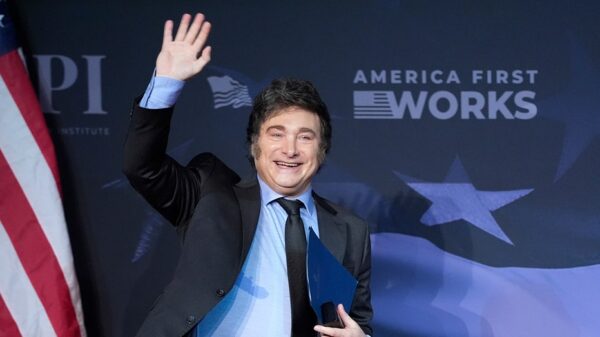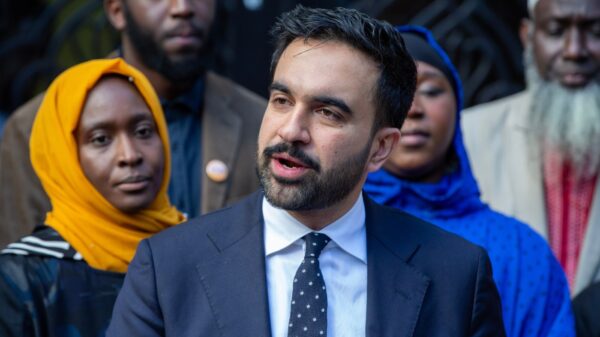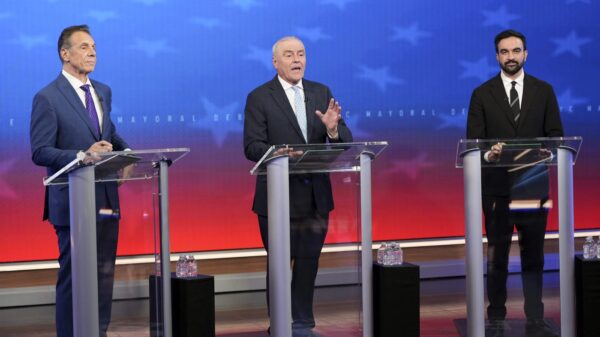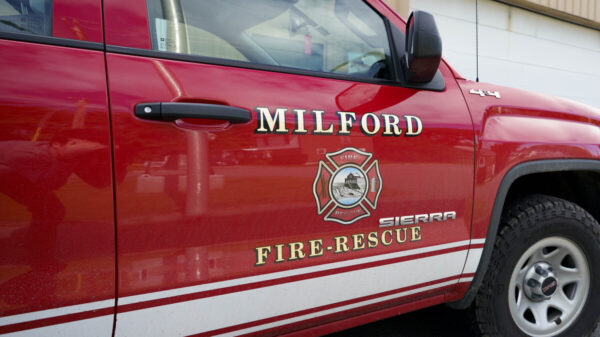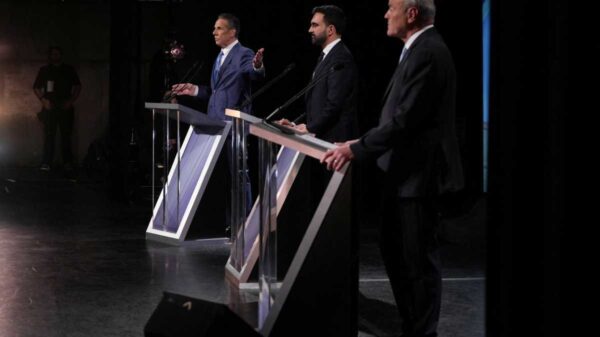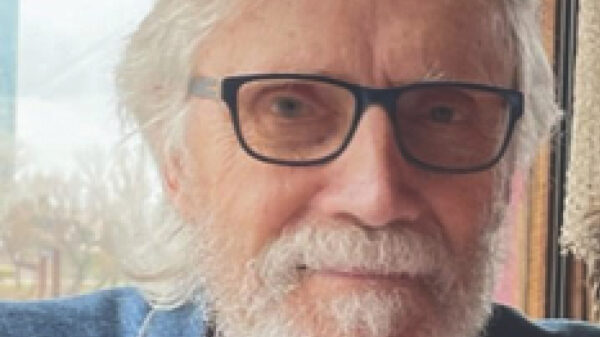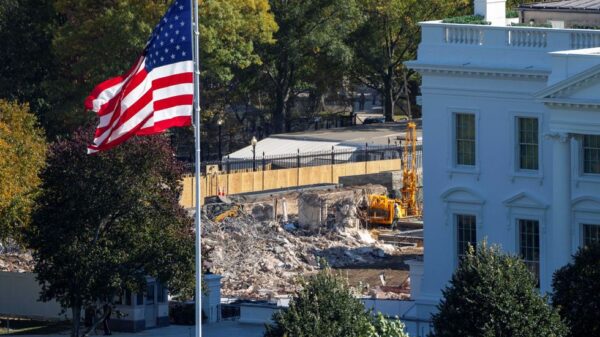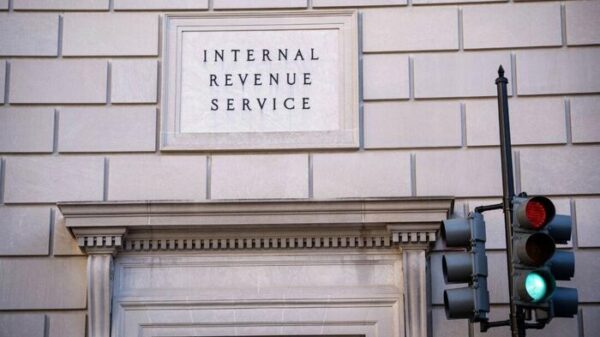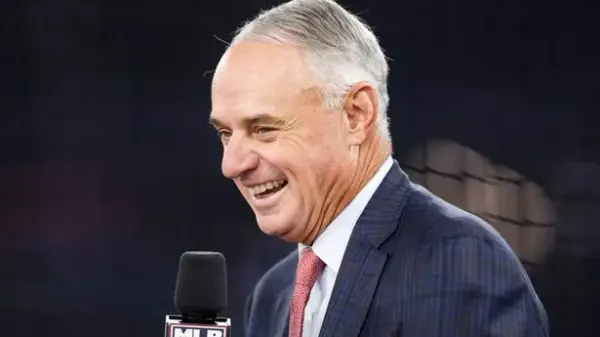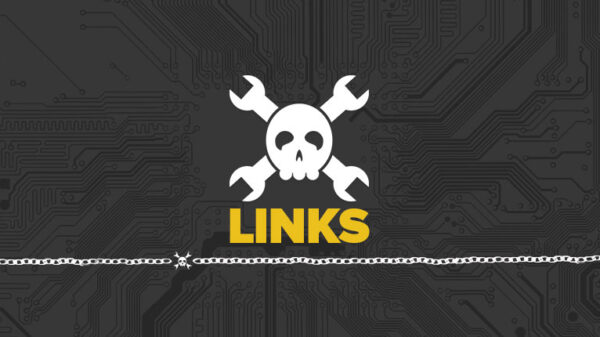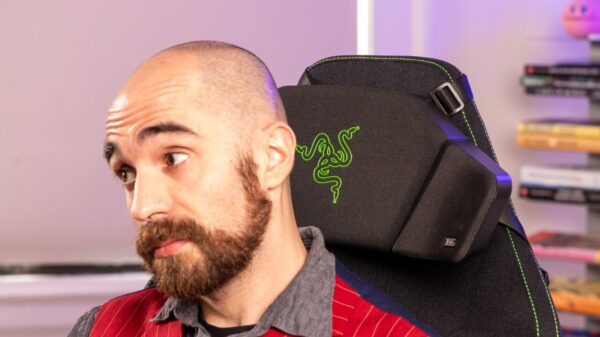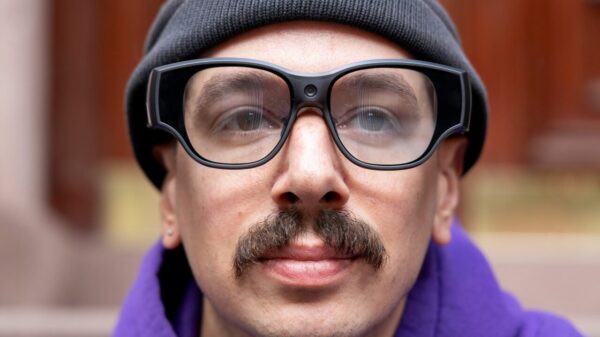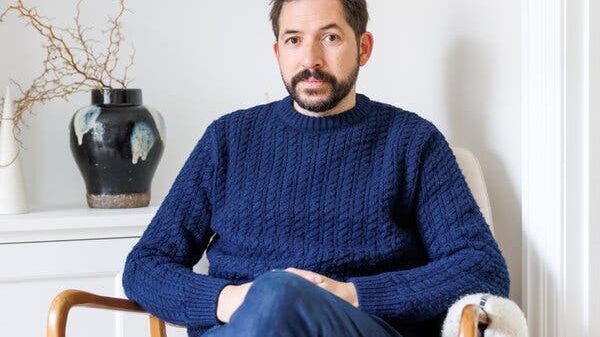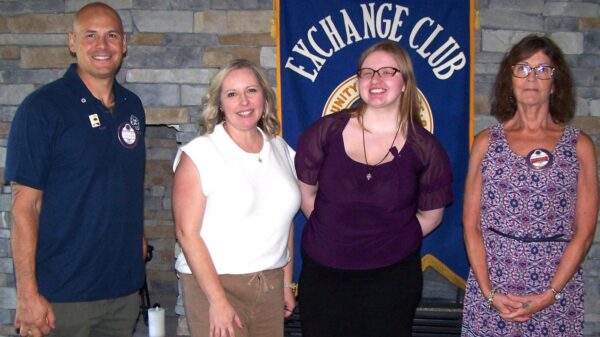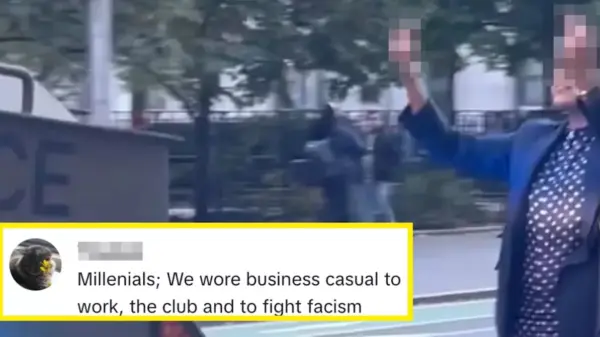New York City voters have voiced their concerns following the first mayoral debate held on October 16, 2023. Many expressed disappointment over the quality of the discussion, criticizing the moderators for interruptions that hampered a meaningful exchange of ideas. In an editorial published on October 20, The News stated, “The voters lost the debate,” highlighting the frustration felt by many who tuned in for a rigorous discussion among candidates.
Chris N. Karalekas from Huntington, Long Island, articulated a common sentiment among viewers. He described the debate as an opportunity squandered, with too little time allocated for candidates to present their ideas and showcase their critical thinking. “The big loser was the voting public,” he asserted, calling for a minimum of three debates with qualified moderators who could facilitate a more engaging dialogue.
The editorial sparked further discussion about the candidates, which include Andrew Cuomo, Zohran Mamdani, and Curtis Sliwa. Voters like Karalekas believe that the candidates’ critical thinking skills are essential for determining who is fit to lead New York City at a crucial time.
Concerns over crime in New York City also emerged in the public discourse. Gina Ottrando from Staten Island pointed out that recent statistics from the NYPD indicate that 40% of felony assaults in the past five years involved family or intimate partner violence. This data suggests that the narrative of random violence may be overstated, as most assaults occur within domestic settings. Ottrando commended the NYPD for focusing on this significant issue.
On the other hand, some readers expressed strong disapproval of the editorial board’s endorsement of Cuomo as a candidate. Pierre Khoury, a Manhattan resident, criticized the characterization of Mamdani’s campaign as “laced with antisemitism,” asserting that such claims were unfounded and damaging. He expressed his disappointment with the Daily News, stating, “You now don’t deserve the support,” as he announced plans to cancel his subscription.
Another reader, Heyward Johnson, voiced deep concerns about the prejudiced language employed during the campaign, reflecting on the broader societal issues of racism and bigotry. Johnson emphasized the need for New Yorkers to confront these challenges, saying, “We must do better.”
The debate over endorsements also extended to Cuomo’s past actions. Gary Perl from Staten Island questioned the public’s willingness to support a candidate with a history of controversy. He expressed his reluctance to vote for Cuomo, stating, “I refuse to vote for another sociopath,” and pointing out that Mamdani has not faced similar allegations.
As the mayoral race continues, issues of character, competence, and public safety remain at the forefront of voters’ minds. There is a growing demand for more transparent and substantive debates that allow candidates to demonstrate their capabilities.
In addition to the political discussions, public reactions also touched on other matters such as the legitimacy of disability pensions for public officials. J.M. Culley criticized the substantial pension granted to NYPD Chief John Chell, questioning how a perceived injury could yield such a lucrative benefit while rank-and-file officers face stricter criteria for similar awards.
As the election approaches, New Yorkers are calling for a more informed and engaged political process. The debate highlighted not only the candidates’ positions but also the public’s desire for accountability and clarity in city governance. With a potentially transformative election on the horizon, voters are eager to see how these discussions evolve in the coming weeks.


